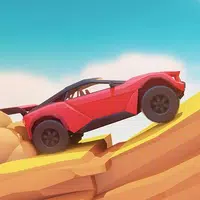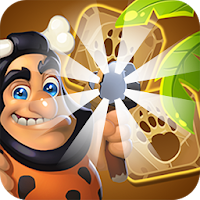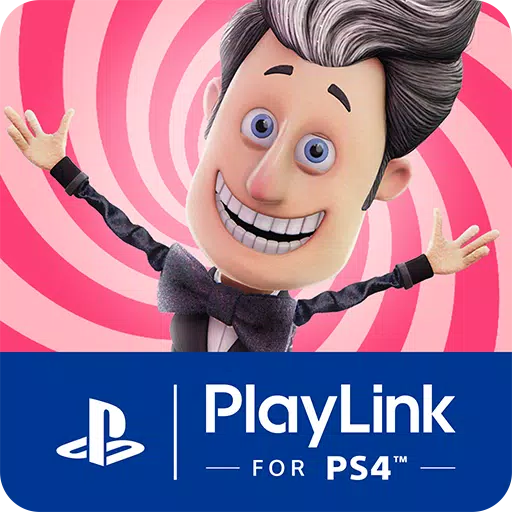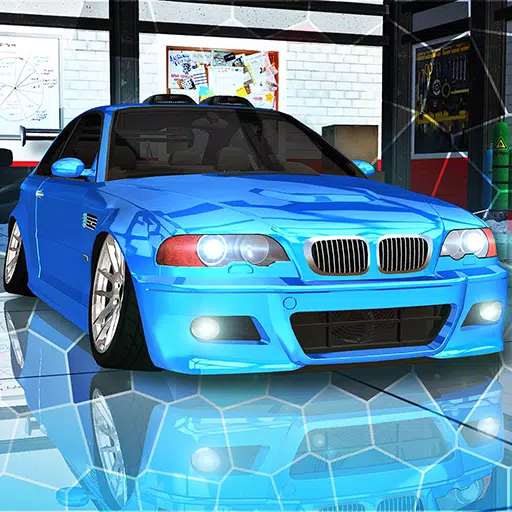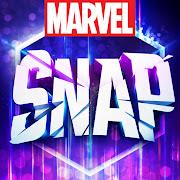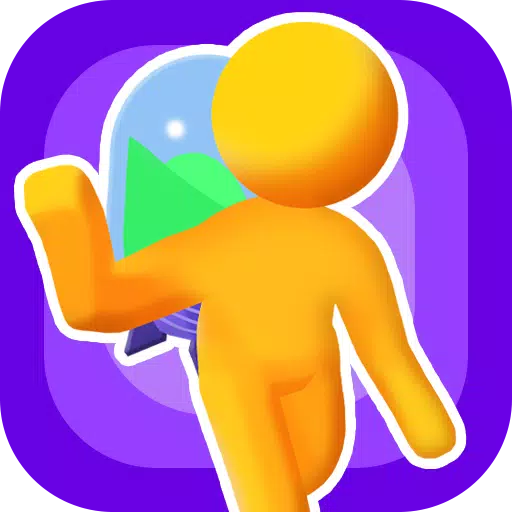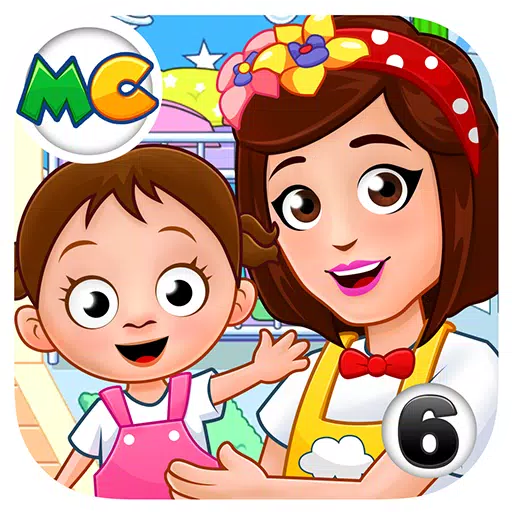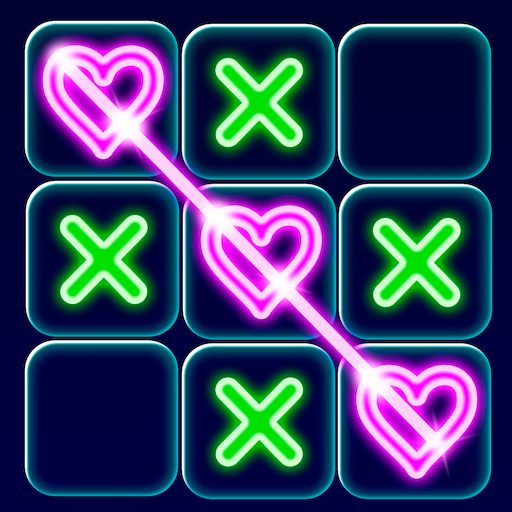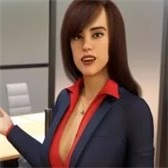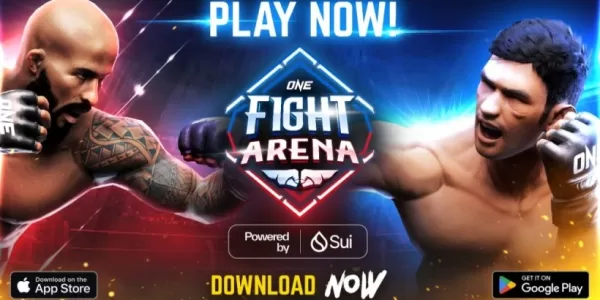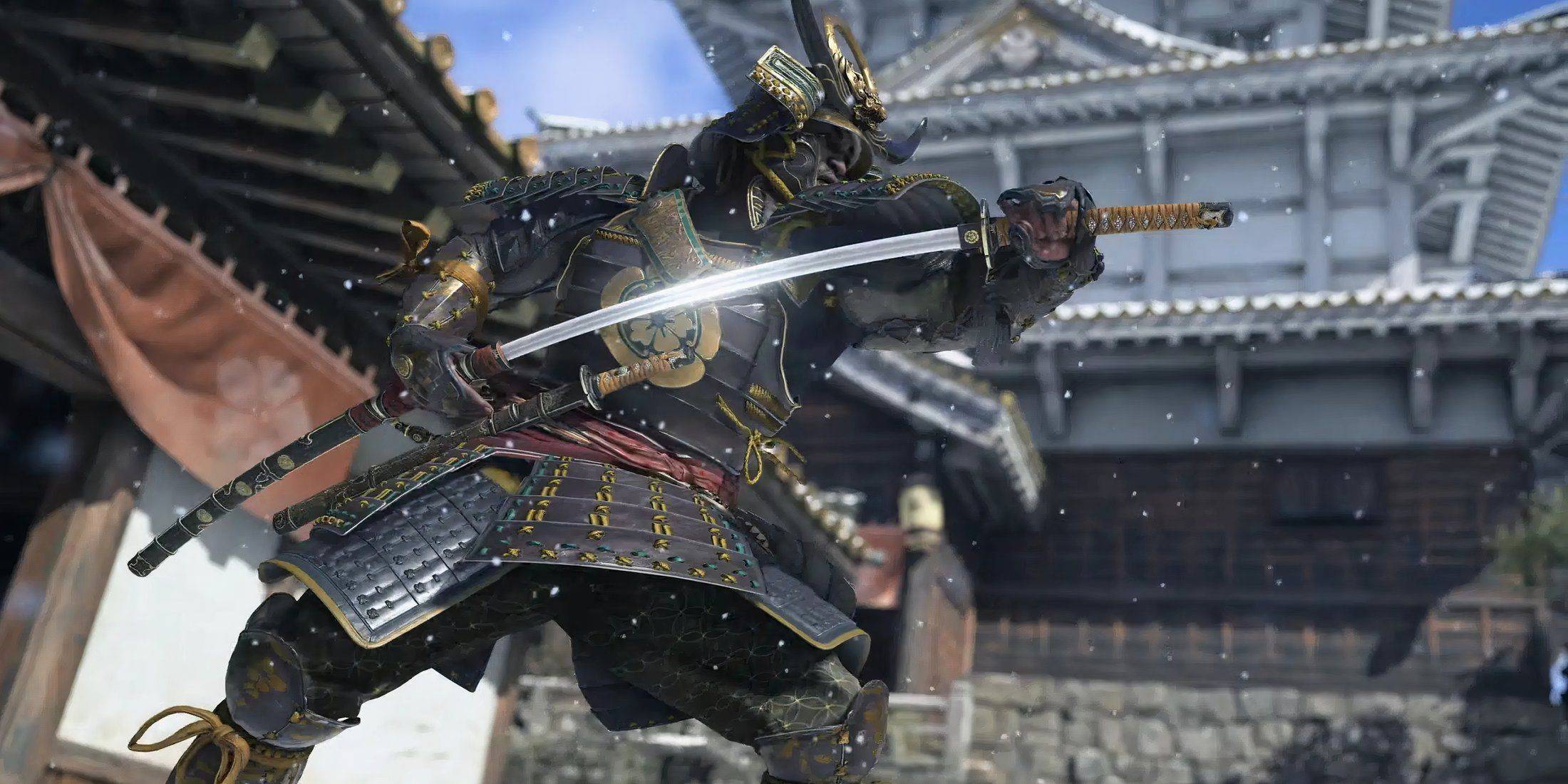When I first wrote about boomer shooters last year on Steam Deck and also on Switch, aside from New Blood and Nightdive, the most common name was Andrew Hulshult, who has done some amazing music over the years. He recently was involved with the DOOM + DOOM II re-release that included his IDKFA soundtrack with new music for DOOM II. Having wanted to interview him for a while now, I finally had a chance to chat with him on a call for a few hours to discuss game soundtracks, composition, bands he likes, guitar strings, pickups, cold brew coffee, his first film soundtrack, games he's playing, and a lot more. This interview was done on a video call and then transcribed and edited for brevity. Just like my interview with Dave Oshry from New Blood, this one was more casual than usual, and this is likely the longest interview on TouchArcade, so strap in and grab a cold brew.
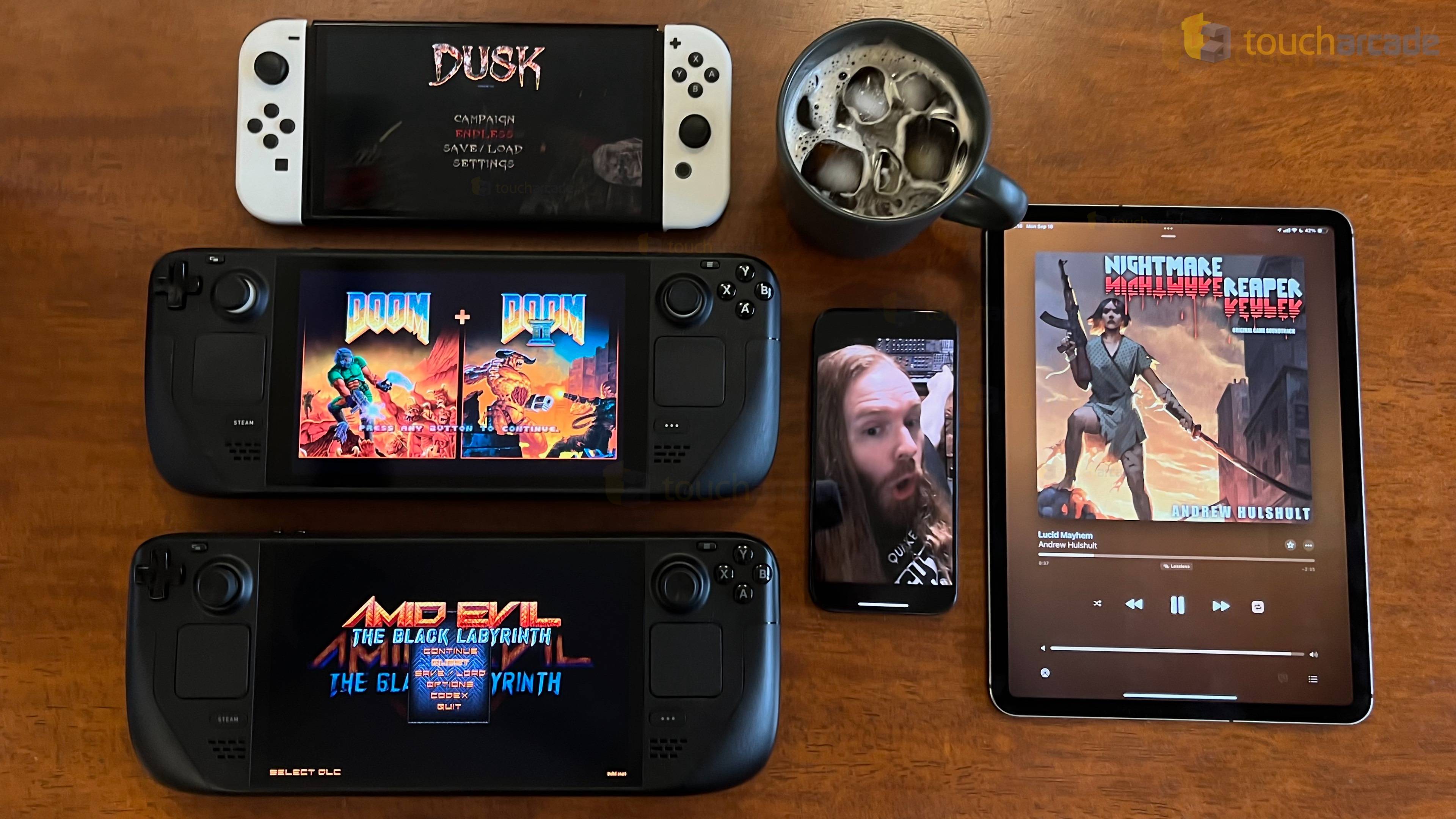
TouchArcade (TA): So for those unaware, tell us a little bit about yourself and what you do.
Andrew Hulshult (AH): Yeah, my name's Andrew Hulshult. I'm a composer and sound designer, mainly for video games, but I'm starting to move into film as well. I also enjoy writing music on my own when it's not for a specific project. My primary focus is working in the game and film industry, handling sound design, creating soundtracks, and occasionally doing some voice acting.
TA: How did you end up working on the canceled Duke Nukem project and also Rise of the Triad 2013?
AH: Duke Nukem 3D Reloaded was actually around 2010, and it's a bit of a reach back for me. Frederik Schreiber, who now runs 3D Realms, was remaking some of the original Duke 3D maps in Unreal Engine 3 and posting them on Gearbox forums. One of them, a 3D render of Hollywood Holocaust (E1M1 for Duke 3D), caught my attention. I reached out on the forums, suggesting I could provide music, and he agreed. I had gear at home and wanted to learn the process, so I started remaking some of the old Duke 3D tracks. Although not much was done with Duke 3D Reloaded, it led to Apogee and Terry Nagy approaching us about working on Rise of the Triad, which was exciting as we were all part of the retro FPS revival.
TA: It was funny you mentioned Dave Oshry because when I finally got an interview with him, I think it was easier for me to meet Iron Maiden than get that interview, but after getting that done, I had New Blood covered. I recently also interviewed Nightdive about The Thing, but I needed to complete the trifecta for boomer shooters: Andrew Hulshult. Now that's finally happening.
We both laugh.
TA: I remember in a prior interview you mentioned how when you were doing the 3D realm stuff, you weren't aware of how much you were in demand in the industry. So when that door closed, suddenly you had like thousands of opportunities. But obviously, you've gone on to do some huge titles since then. Doom Eternal DLC is the one which a lot of people think about you. For me, it's other titles like Nightmare Reaper and Dusk. I want to know how you've changed as a musician and as a professional from back then to now.
AH: Oh, that's a great question. Starting off in the industry with Interceptor was a completely fresh experience as a musician. You don't know what you're getting into, and often you're unsure about what you should be getting paid. It's a learning process, and you learn from the agreements you sign and the projects you work on. Musicians often focus on creating beautiful art, which is crucial, but it's equally important to ensure you're paid fairly to continue doing what you love. After the 3D Realms experience, I was about to walk away from games, feeling bitter and that my efforts weren't paying off. But stepping out from there, I realized how much demand there was for my work, leading to projects like DUSK and AMID EVIL.
TA: Obviously, you get a lot of questions about game music, but since you brought up this whole thing about how you've changed, what is the biggest misconception that people both in the industry and like the players have about video games music right now?
AH: The biggest misconception is that anybody can do it and it's a small part. It's really difficult because you have to immerse yourself in the atmosphere or world that someone else has created. You need to respect their vision while also confidently proposing your own ideas. It's a complex process that involves not just creating music out of thin air, but also communicating and sometimes arguing for your creative direction.
Whiskey and coffee fueled half of the @RiseoftheTriadOST. Most songs were composed between 9pm and 3am.
The more you know
— Andrew Hulshult (@AndrewHulshult) September 30, 2015
TA: So I also want to talk a lot about your gear, but before that, I think we should discuss some of the game-specific things. So let's start with ROTT 2013. I've just sent you a tweet right now, which I wanted to reference. This is quite an old one (linked above). Well, I actually didn't know much about this soundtrack until recently. I had heard about it and that a lot of my friends bought that release. They said that it wasn't that great. I played the original on DOS but not the 2013 version, so I didn't really hear it all in-game until the Ludicrous Edition, and when folks made a big deal about it having Andrew Hulshult's music, I decided I wanted to properly try it then. I wanted to talk about your thought process between redoing those tracks and coming up with your own flair on them, because anyone who, at least any fan of yours, if they listen to that, they know it's your music. It's not like, oh, this is just him doing a cover of someone else. It still feels like it's you.
AH: The first and foremost thing was to make sure you respect your elders. I wanted to ensure that whatever I did served the fanbase and, by proxy, everything that Lee Jackson had written. Lee Jackson and Bobby Prince, as far as I'm concerned, are the de facto composers for FPS. The originators. You're already stepping into something well-established. If you mess it up, you're toast. That was my first professional gig, stepping into that kind of pressure.
Just really what it came to, it was all really natural. I heard these songs and saw the game they were making, and I thought, "It's kind of janky, but it's fun. It's ridiculous. ROTT is so ridiculous." I talked to Dave and Fred about doing rock and metal stuff predominantly, which is the kind of music I listen to all the time. They said, "Let's try it." Even Terry was like, "You should do it."
Really, they just kind of gave me free rein to give it a try on some of these things. The first one I did as a demo to work on was "Goin Down the Fast Way," and I remember I handed that to Terry. Terry is awesome and has been great to me for my entire career. Never had a bad piece of advice from him. He's the CCO for Apogee, by the way. I remember handing him the very first demo of "Goin Down the Fast Way." His comment coming back to me was, "It is in the right direction, but it sounds like a diarrhea of sound," because it wasn't mixed correctly. I was just excited to hand him something. I was like, "Okay, this is one of those moments where I'm going to have to learn how to accept feedback, even if it's not from a musician, and I know that they mean well." I remixed a couple of things, and I think this is what he was talking about, and I sent it back to him, and he said it was way better and awesome. "Okay, cool, this guy doesn't just hate me."
It kind of just came from the heart. All the soundtracks I work on, it's me. Even if it's stepping into someone else's shoes, I have to remember that the source material comes first, then you put your influences on it. So the source material is the structure of the house, but you can put up whatever walls you want and paint on it, and hang and decorate, but just make sure that the house is still the same house that people remember.
Now to address the Tweet above, Whiskey and coffee fueled half of the Rise of the Triad soundtrack. Most songs were composed between 9 p.m. and 3 a.m. That's true. Here's one little tidbit with it too. Terry Nagy, the guy I was talking about, the CCO from Apogee, he would regularly take me down to a bar called Hula Hands. And he would buy the drinks and then he would just take me home and be like, "Alright, now go write some more songs." It was awesome. I miss those days.
TA: This reminds me of that one track in IDKFA where you used a tremolo to replicate a specific sound and it was the perfect way to do it.
AH: That was Dark Halls in DOOM. It has the tremolo guitar that's supposed to be the rolling bass synth from that sound. I love that song.
TA: After ROTT 2013, another game I didn't really play until recently was Bombshell, and I literally only bought that game because of your soundtrack. I got it when I was researching boomer shooters for an article and was looking at the games I don't own. I bought it and didn't really care for much of it, but the music was great. I kind of think of that soundtrack with Nightmare Reaper where they feel like just metal albums from Andrew Hulshult rather than dedicated game soundtracks. Was this the point in your career where you realized you're really good at bringing metal into these kinds of games? It felt like a turning point.
AH: That's a great question. Actually, yeah, around that time, I was experimenting a lot with making big atmospheric synth stuff and orchestral elements, as you can hear on that soundtrack if you got far enough. But also, for the bigger fights and stuff, I really wanted to start dialing up my own sound and writing. I'd already done the cover stuff, and I wanted to show people what I could do, so yeah, that is kind of really where my introduction to my own original pieces started coming into place. That is actually right. I never even thought about that; that is where that started. And also, I mean, gosh, that's if I think about it, that was 2013, the end of 2013, when development started on that, and it originally started as a Duke Nukem game before the lawsuit, and I had an eight-string by that time. I was tuning down big time at that point, and there's a lot of stuff that never made it, maybe I'll put that up on Twitter at some point, but there's a lot of stuff that never showed up on it because it was a little too aggressive, you know, but that stuff would later show up in DOOM.
TA: When just discovering your music many years ago, everything was really good metal, and this was probably around the time I was mainly listening to metal before I started broadening my horizons. I went through this phase when I was learning guitar and started listening to more Dream Theater and then got a seven-string guitar, and eventually got into Meshuggah. It got me thinking about how when I listen to your music now, you manage to do unique things for each game and make the songs fit the game properly. It isn't just metal anymore, so there's no worry about being typecast. Did you have that fear that everyone is just going to expect metal from you when you're behind a specific soundtrack?
AH: Oh man. You just saying that out loud makes me wow. I still worry about that sometimes. There are moments where I'm like, "Am I getting typecast at this point?" And you saying, "Yeah, I don't have to worry about that anymore," I'm like, "Oh, thank god, I heard it from someone else where they were, you know, like, because I don't want to be like I don't want to be like straight up known as metal guy, you know, like I love metal, I love playing it, I'll make those records all day long as people as long as people will listen to it, and even if they won't, I'll probably make them, but yeah, I like to paint with different brushes, especially when I get older. I really enjoy mixing sound design with guitars.
I like mixing sound design with orchestral instruments, I like just going full hand on my Eurorack synth stuff over here and just getting lost. As a musician, I'm fortunate enough at this point where I can just experiment, and I know I can find, I have the confidence now after working on all these games and having some success with it where I know if I get lost, I can find a way out because I'll find something that I like, and chances are if I like it, I can probably show it to some people who will dig it as well. I'm so glad to hear that you're like, "I know that I can get some variety."
TA: I mean, if someone just heard DUSK, and I'd say if they heard DUSK, even that is pretty different. I mean, if someone's not into metal, maybe they think DUSK sounds the same as Bombshell, but you can totally tell that DUSK was trying to be like this middle ground of what you like and Nine Inch Nails' Quake. I think it has one of my favorite guitar tones in gaming right now, and it's still pretty timeless. I want to move to AMID EVIL. I love the soundtrack to the main game, but I want to ask about the DLC for two reasons. Now, the first thing is kind of like a personal topic because I believe you were going through a family emergency during the time when you were recording the soundtrack, right? When I was playing Dragon Quest VIII on the 3DS and my grandfather was in the hospital before he passed away, whenever I think about Dragon Quest VIII now, it reminds me of that. So do you go through the same thing with the AMID EVIL DLC music?
AH: I don't think I've been able to sit down and digest it that way yet. But I know exactly what you're talking about, and I'm sure that is what I will absolutely go through. Yeah, to harp back to what you're talking about, to what you're referencing, my father had a heart attack. And it was just out of nowhere. And it was on, gosh, I think it was on New Year's Eve. It was like 9 PM on New Year's Eve. It was the year before it was released, and I was halfway, I was like midway through working on that soundtrack. And it just scared the shit out of me. As anybody would. Your father's dying. And he ended up having like a, all four valves around his heart were like 90-95% clogged. So yeah, he had to have a quadruple bypass. And thankfully, we have a really, really good heart hospital right next to us. And they're at an age now where they're on Medicare. I think it's Medicare. I can't remember. It's like once you're past 64 at a certain age in this country, you can get on Medicare. And you know, like health stuff isn't as much of a nightmare as it normally is. But they got great care, got taken care of. But it was months.
It took months for all that stuff to happen. And there's like so many things that happened in between that. Like this was right in the middle of COVID. So like whenever he got, it was right in the middle of the big Omicron spike for the world. So as soon as he got admitted, he couldn't get to an actual emergency room. He had to sit in another room for like two or three days, and they actually had to sedate him for a few days before they could transfer him to another hospital to get looked at. Like it was just crazy. And I was out of my mind. I was crazy at that point. And so once they got to a point where they said we're going to do surgery and he came out of surgery, I just needed something to occupy myself. Otherwise, I was going to self-destruct.
So I started writing a lot on the AMID EVIL stuff and started really finding that old playing with a band and writing songs for you kind of vibe going in. And a lot of that stuff in AMID EVIL, the stuff that's like got a lot of energy behind it, that is pretty personal for me. There's a lot of emotions on that soundtrack. There's also something else that I haven't talked about in public yet, and I'm not going to talk about it here, that I started working on that has a lot of that as well. And that'll still be a while before that pops up. But I'd say that that was my main outlet for a while. You have something to look forward to.
But yeah, like that soundtrack, let's wrap it up. That soundtrack did have a lot of tension and a lot of emotions tied to my father almost passing away and me trying to wrap my head around that. You're right. I hadn't thought about that.
TA: The other thing about the AMID EVIL DLC is this specific song I want to touch on: Splitting Time. This song is interesting for a few reasons. It reminds me of some of my favorite game trailers, like the song used in the Nioh 2 launch trailer, I'm not sure if you've seen it. But more interesting than that is I was playing Street Fighter 6 with a friend of mine and listening to this in the background, and he asked me if I was listening to Killer Instinct music? I said it was the AMID EVIL DLC, and he wanted to know who made it. It reminded me quite a bit of Mick Gordon's non-DOOM music. We spoke about Killer Instinct, and my friend said, "They should get Andrew for a new Killer Instinct album," and I wanted to ask if Killer Instinct influenced that song?
AH: No, I didn't actually. But there might be little hints of that back and forth because, gosh, there are moments when I went back to that Killer Instinct reboot because I thought Mick did such a great job on it. Where I'm like, man, the production here is exactly what I have been trying to do for like a handful of years. And like that soundtrack was just really inspiring to listen to. I think he's just, he's a brilliant composer.
TA: That's another game I bought because of the soundtrack because when I played DOOM 2016, I was like, "I need to play more games with this guy's done the music for," and everyone was like, "Killer Instinct." I was like, "I've never heard this. I didn't own an N64. What the hell is this game?" I bought it and liked the music a lot more than the game.
AH: That whole soundtrack slaps, man. He did a fantastic job on that.
When you realize @AndrewHulshult put his whole bussy into the Nightmare Reaper OST instead of saving it for DUSK 2 pic.twitter.com/tU1AsySok0
— Dave @ Home (@DaveOshry) October 11, 2023
TA: OK, so now let's go to Nightmare Reaper a bit. I already mentioned how this could be your own metal album. I don't even think it needs to be related to this game. And this is another game I just bought because the music was so good. And I was like, there's kind of like this disconnect between what I expected in the game and after I heard the music, because I heard the music before playing the game, and I was like, OK, I need to get used to this. But so before I ask you about your thought process between doing the music, I want to just bring up this other tweet (linked above) from New Blood's Dave Oshry, which is interesting for Nightmare Reaper. When I saw that Tweet, I knew I had to bring it up whenever I interviewed you in the future, and here we are.
Laughs
AH: Whenever Bruno reached out to me, Bruno is the developer of Nightmare Reaper. Whenever he reached out to me, we just literally started talking about some of our favorite bands and we would just go off back and forth because he showed me a game that he was making. I was like, "That looks cool." I was like, "Well, let me know if you're ever interested." And then we just started talking about music. He's like, "Would you be interested in working with me on this?" And I said, "Yeah, I think that would be cool." And he literally was like, "I just want this to be like a metal record from you." I was like, "Really?" He was like, "Yeah." He's like, "You've got good influences." He's like, "I just want it to sound like you just made a straight metal record." I was like, "Well, it can't be just that." I was like, "But it'll be mostly that." You still need to like, we need to, it needs to still be for a game. Because otherwise, you'd have me, you know, screaming over top of everything as well.
But yeah, it is pretty close to something I would have written at that time. You know, as you go with a, as time moves on, tastes change. And you know, but like at that time, for sure, that's what you would have gotten for a metal record. I think that's pretty close, yeah.
 Home
Home  Navigation
Navigation






 Latest Articles
Latest Articles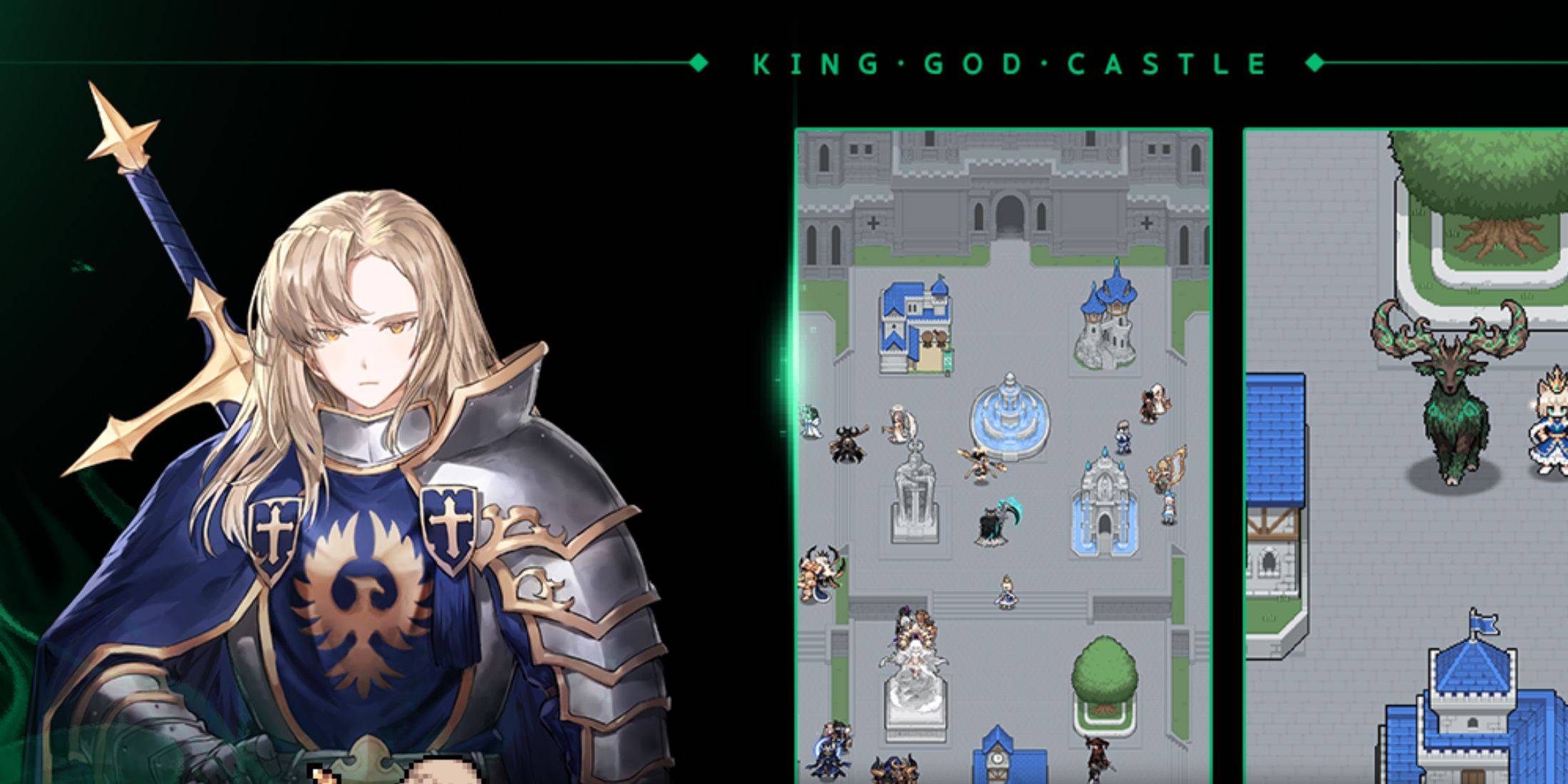
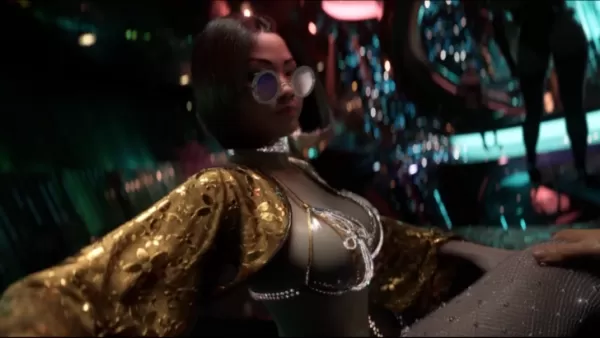
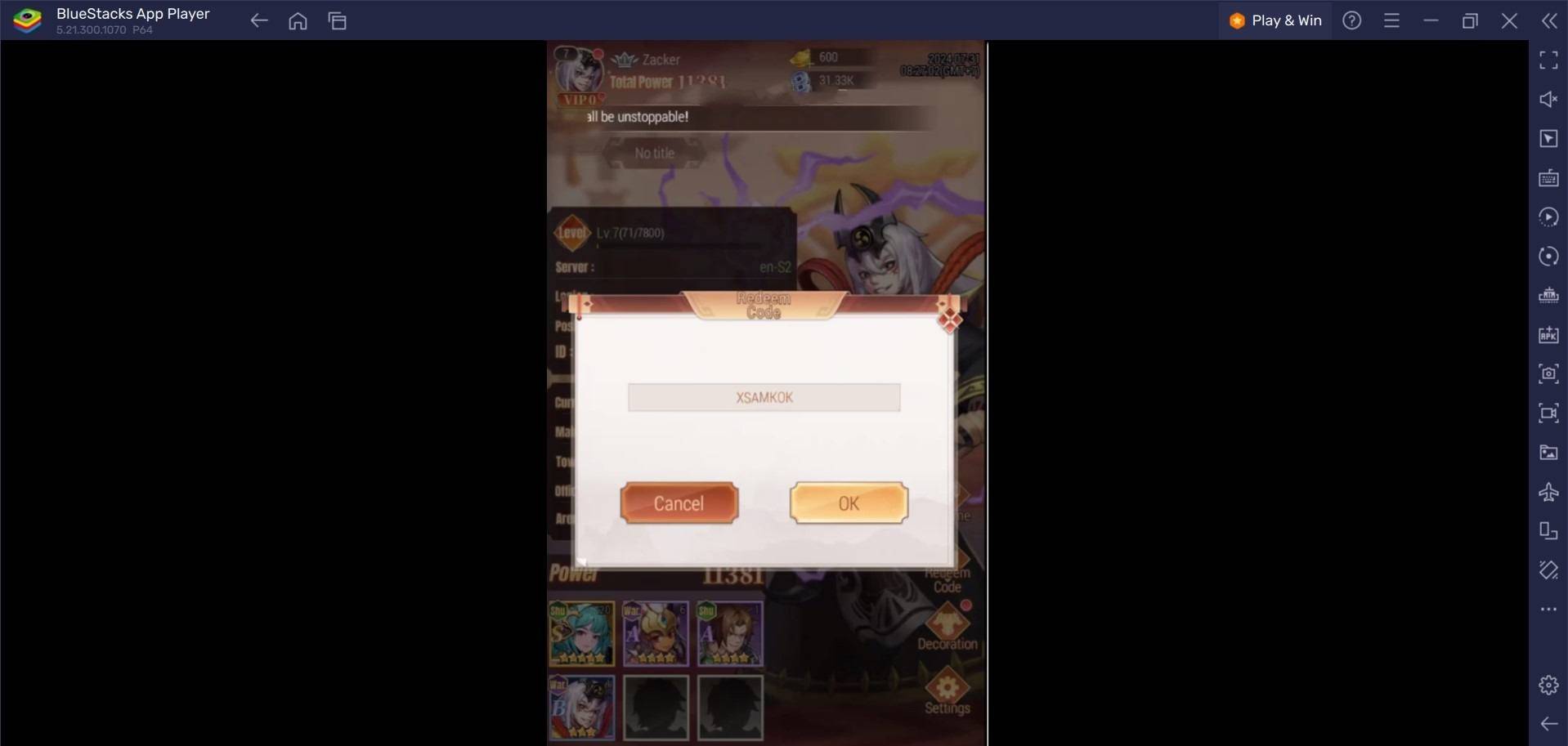
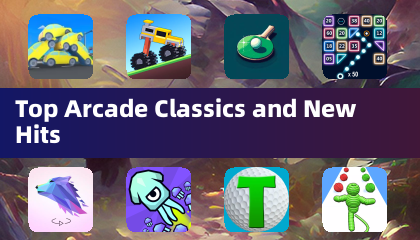
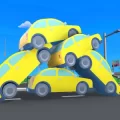
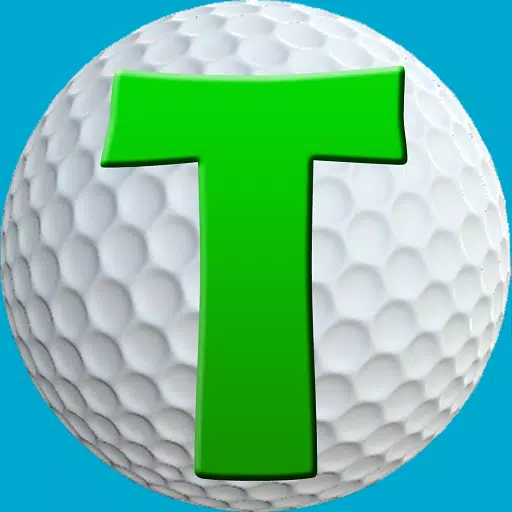
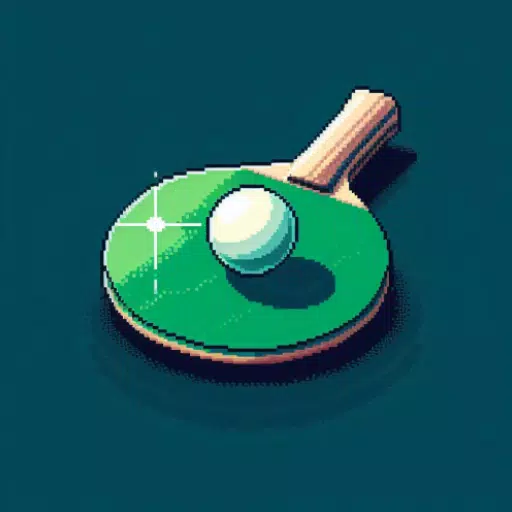
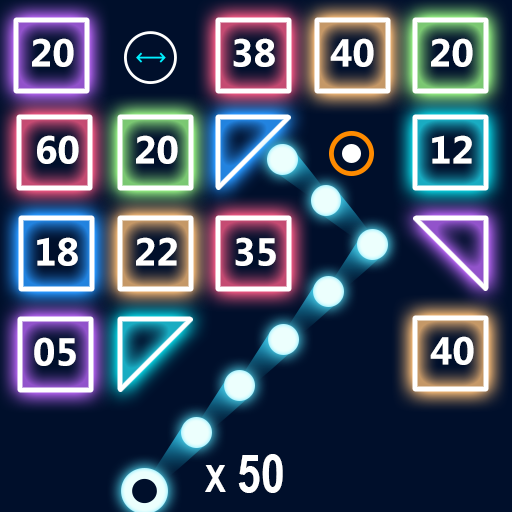
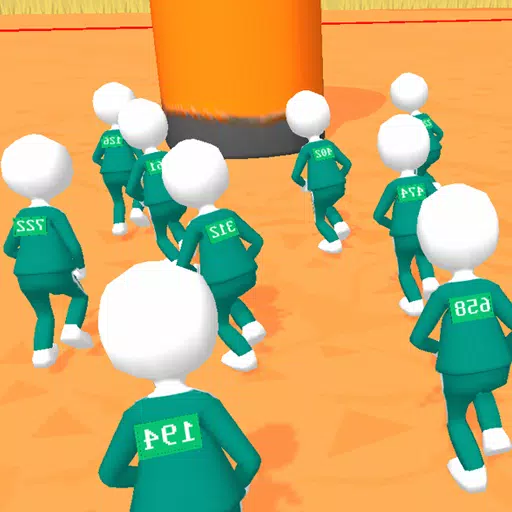
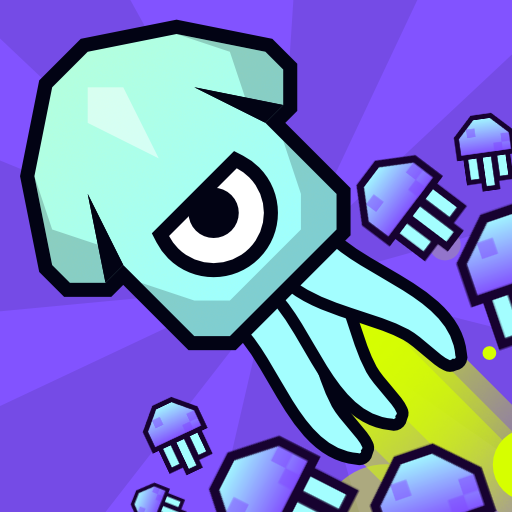
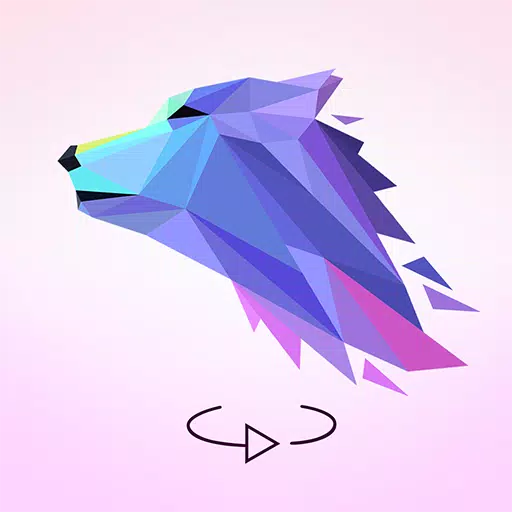
 Latest Games
Latest Games